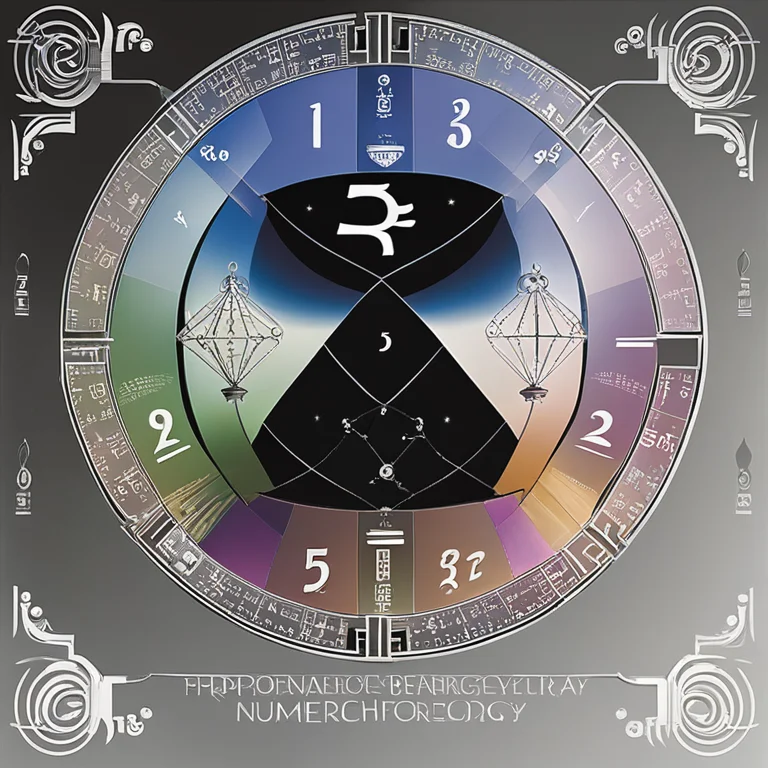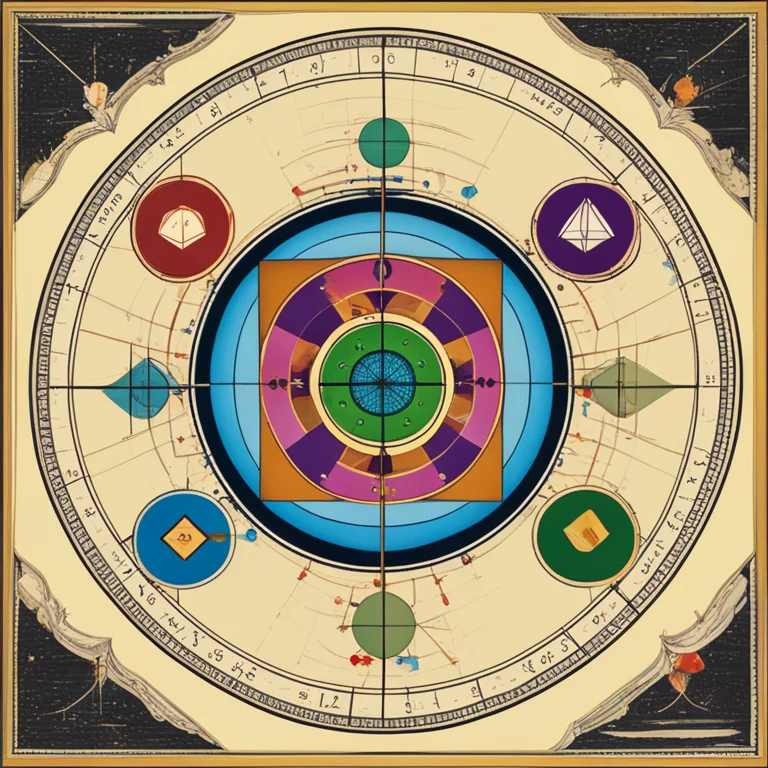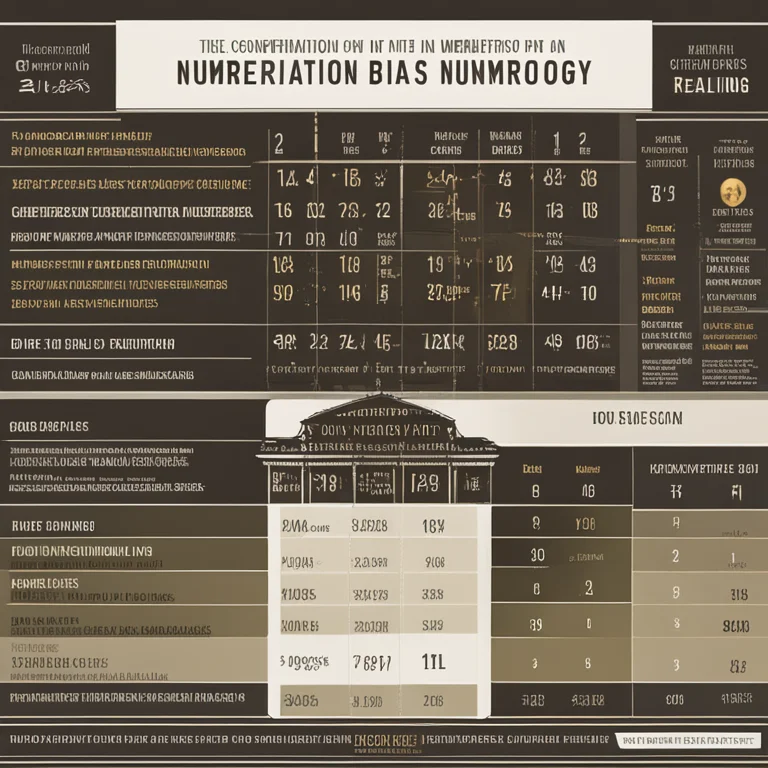
The Skeptic’s Take on Numerology: Unsubstantiated Claims?
Discover why numerology, despite its ancient roots, fails to hold up under the scrutiny of modern scientific methodology and rational analysis.
article by Sofia Ferguson
The Concept of Numerology
Numerology is an ancient belief system which suggests that numbers possess mystical or divine significance, capable of influencing human life and the universe. Proponents argue that by studying numerical patterns in birth dates, names, and events, one can gain insights into personality, destiny, and life events. However, this premise lacks empirical support and tends to extrapolate personal significance from what is often coincidental or arbitrary numerical data. As we advance into 2024, the dialogue between age-old beliefs and contemporary scientific standards becomes increasingly relevant, challenging numerology's position in current thought.

Science Versus Superstition
In the modern world, where science and technology reign, numerology's claims are often considered pseudoscientific. The scientific method demands observable, repeatable, and falsifiable evidence to support hypotheses. Numerology fails to meet these criteria as it relies on subjective interpretation rather than objective verification. Furthermore, it does not provide consistent predictive results that can be tested rigorously. This dissonance between numerology and scientific rigor leads many to view it with skepticism, categorizing it as a superstitious practice rather than a reliable tool for insight.

The Confirmation Bias
A significant factor that perpetuates belief in numerology is confirmation bias, where individuals favor information that supports their pre-existing beliefs or hypotheses. Numerology readings are often vague and generalized, allowing individuals to interpret them in a way that confirms their personal narratives. This cognitive bias obscures rational judgment and leads to the mistaken attribution of significance to random or unrelated events, reinforcing the belief in the 'accuracy' of numerology without objective validation.

Lack of Scientific Correlation
Despite attempts to relate numerology to mathematics and cosmic order, the field lacks substantial scientific correlation. While numbers indeed hold real-world significance in disciplines like mathematics, physics, and engineering, their mystical interpretations remain unproven. Without a basis in reality or a mechanism of action that can be scientifically quantified or observed, numerology's connections to the tangible world remain speculative and unfounded.

A Diversity of Systems
Another point of contention is the sheer diversity of numerological systems across cultures and time periods. This variety casts doubt on any universal truth to numerology, as different systems yield different interpretations and predictions. If numerology were a consistent and verifiable tool for understanding life's mysteries, there should be more agreement on interpretative methods and outcomes. Instead, the field is fragmented, with each tradition claiming validity, but none able to demonstrably prove its efficacy over the others.
Placebo Effect and Personal Empowerment
Some may argue that even if numerology isn't scientifically substantiated, it can still offer personal empowerment akin to the placebo effect in medicine. A numerological reading might provide comfort or a sense of control, regardless of its objective truth. However, relying on such practices can also lead to poor decision-making based on systematized guesswork, which raises ethical concerns about the responsibility of those promoting numerology as a guide for life choices.
Published: 1/11/2024
Modified: 1/11/2024
More predictions
Come back here soon to learn more about yourself and your future


The Mechanics of Numerology: Life's Numeric Patterns
Delve into the foundations of numerology and discover the numerological patterns that are believed to influence your life's journey.


Virgo & Libra Love Compatibility
Delve into the harmonious blend of Virgo's analytical nature with Libra's balanced approach to love and life. Discover their compatibility.


The Art of Compatibility Synastry
Discover the intricacies of relationship dynamics through the lens of compatibility synastry in astrological chart comparison.